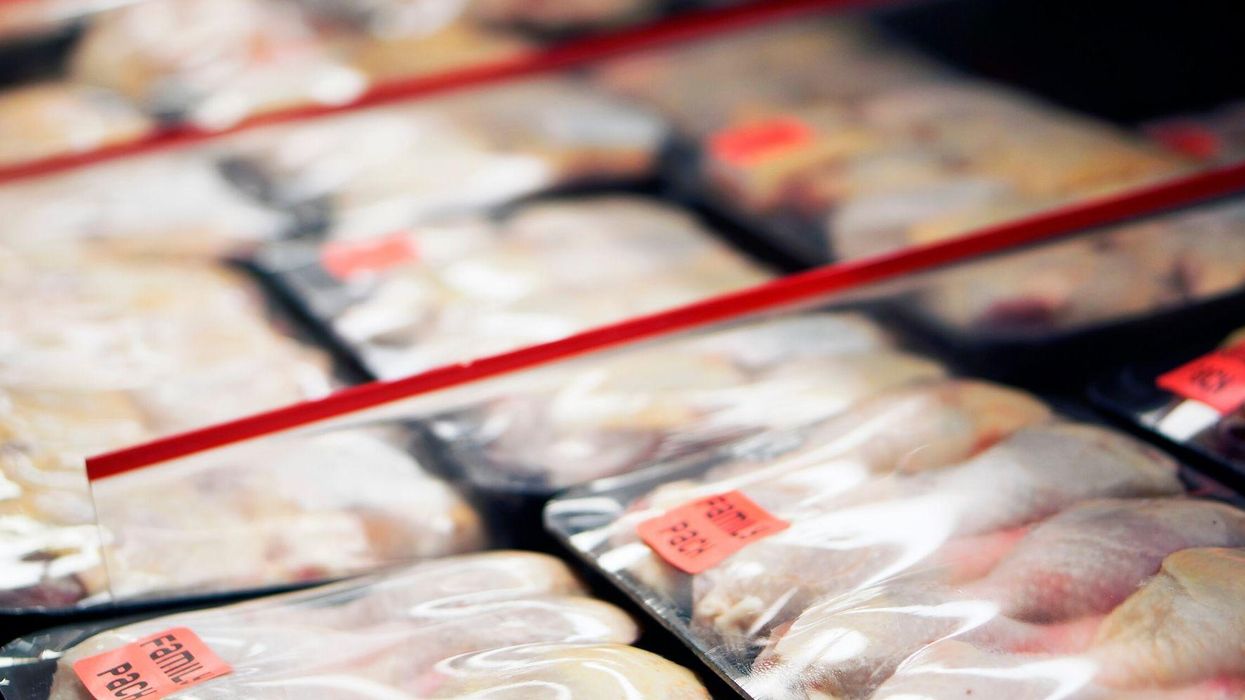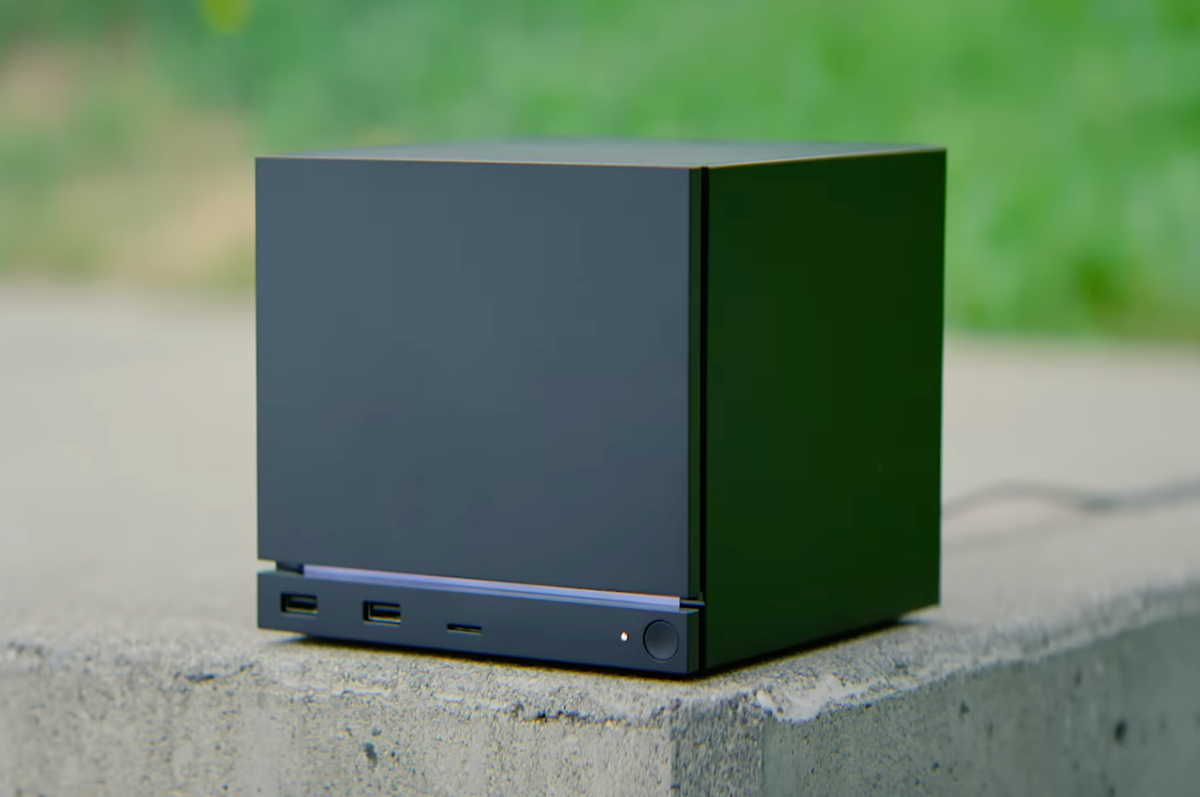
Who would have the thought that the middle classes' favourite institution could be the one to take on Brexit?
And yet, Waitrose appears to have taken a stance when it comes to a trade deal with America.
The supermarket announced over the weekend that it will refuse to stock chlorinated chicken and hormone injected beef: two of the most controversial items which the UK may have to embrace in a post-Brexit world.
Agricultural manager Jake Pcikering tweeted out the announcement last week, saying Waitrose would "never sell any products that do not meet our own high standards".
Today we @waitrose will be writing to all of our customers and farmers, to say whatever future trade deals may hold… https://t.co/MxwxC4ODE7— Jake Pickering (@Jake Pickering) 1593068734
People were into it, and even called on other supermarkets to do the same.
Over to you, @asda, @tesco, @Morrisons, @sainsburys... https://t.co/meq5bEGDj4— Tripe Marketing Board (@Tripe Marketing Board) 1593079539
Although others pointed out it could create a worrying divide.
Waitrose, sure. The most profound danger here is those on lower incomes being the ones lumbered with US meat. Let's… https://t.co/uZ7Qpco9gz— Josh Barrie (@Josh Barrie) 1593079328
Writing in Weekend, the supermarket's magazine, executive director James Bailey added:
[Some people] believe that in an effort to win a trade deal for the UK, we could see the standards British farmers have worked so hard to reach and uphold, sacrificed.
In evidence, they point to a substantial number of examples where American standards fall well below our own: from lower-welfare chicken to hormone treated-beef and the extensive use of antibiotics.
Whatever happens, let me give you our commitment. We promise we will never sell any Waitrose product that does not meet our own high standards.
The products in question are banned under EU regulations, and the Tories promised to maintain the ban post-Brexit, but we have yet to see legislation which would do so.
In the US, these methods are incredibly common and have been used for decades. While the US exports around $13bn of food and drink to the EU, almost no chicken has been included because of the practice.
Post-Brexit all this could change were the UK to agree a trade deal with the US. But chlorinated chicken, which undergoes a chemical process to rinse them of any bacteria, has caused widespread alarm.
US regulators argue that this process is perfectly safe, and that the EU actually approves a similar process for fruit and vegetables, however the EU argues that the process can be used to compensate for poor hygiene along the supply chain, particularly on farms, and that it can be used as a "quick fix".












